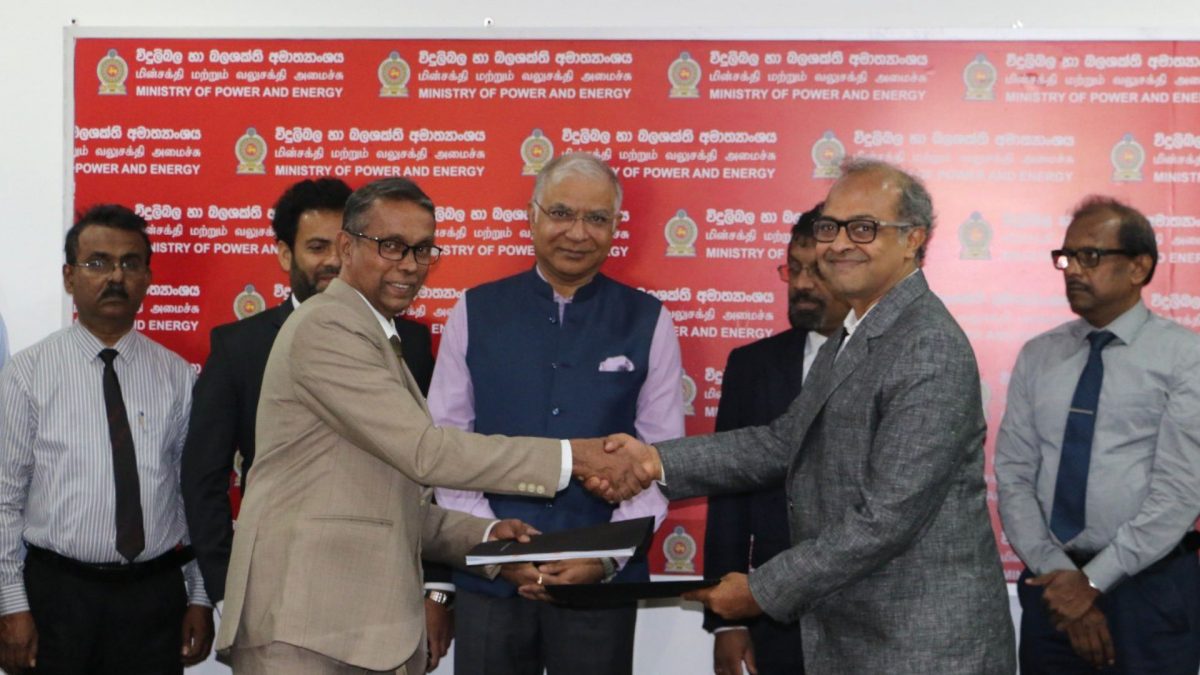by Vamsee Juluri
Before the speculation about what the new government might do with our history books gets too far along into the usual secular-communal anxieties, we need to ask ourselves one question: are the social sciences important?
The intellectual class assumes they are, but the truth unfortunately is that only a small number of children in school perhaps take social studies seriously. For many students, subjects like history are perhaps just another paper to get out of the way, en route to more important areas like math and science. With the exception of classrooms with great teachers and talented students, the truth is that in our schools history has been little more than memorizing dates, names, and wars.
Those of us who teach in the social sciences are perhaps aware of this challenge, and know there are many factors that discourage a sincere interest in our field, such as economic pressures towards engineering careers and also a cultural complacency about arts and seemingly “soft” subjects. We might conclude then, that students are really not excited about subjects like history, and that is that.
If that were indeed the case, then we must ask ourselves why there has been a virtual explosion of writing about our past in recent years in fiction, general non-fiction, blogs, social media, and in the popular culture as well. From best-selling novelists called upon to give their views on cultural, ethical, and civilizational questions to non-academic readers and bloggers challenging the views of canonized academics, we are witnessing a cultural churning on a scale that cannot be simply dismissed as some mere right-wing political fantasy. There might be elements of jingoism, pride, and indeed fantasy too about India’s past, but these are only the frivolous asides in what might well be a truly important moment in Indian history. India is asking, who are we?
Our textbooks, as far as I know, still don’t tell us very much. They fear to state our origins clearly, and as much as critical scholars know traditions are inventions, we cannot condescend to tell people they don’t matter. We repeat watered down colonial and early postcolonial homilies, complete with Aryans, invasions, settlers and all.
We don’t see ourselves at all in our textbooks. At best, we are expected to end up with a sense of national pride, something that we know is well stocked in the media bazaar anyway.
And that model is itself the problem; by avoiding the obvious, which is the cultural, philosophical, aesthetic, and indeed, the ethical and spiritual dimension of our past and present, our approach becomes one of merely naming leaders, achievements, and reassuring various groups and constituencies. Our popular culture is doing a lot better than this. Gods are fighting and arguing ethics in there.
We are faced now by a vast nation of young, intellectually hungry minds who will listen to an intelligent conversation about history, culture, and politics too, if it is done on terms that matter to their lives, to who they are. We need therefore to create a social studies curriculum that is about them, and not about some old patrician power-trip aimed at spiritually and ethically sterilizing the young.
If our curriculum respected the people, ideas, and ideals we respect in real life, we would indeed find meaning in it. We see, for example, thousands of autos scurrying about our streets with the iconic white-bearded Sai Baba of Shirdi on them (saying Sab Ka Malik Ek, at that). Did we read once about him in our school books? Would it have been communalist and elitist? Or was it just our old Nehruvian apprehension, unable to recognize that here was a figure at the forefront of Hindu-Muslim syncretism, and beloved to the poor and the working classes as much as the middle classes?
Our curriculum does not need slogans about our greatness, nor does it need to enforce morality, as our old moral science textbooks rather morosely and pedantically used to try to do. It just needs to embrace the reality of India, and in that reality, religion and religiosity are a living, vital presence; a source of meaning and a realm of existence that has to be brought into conversation on reasonable terms with the modern. Our schools must give our children the language, the intellectual resources, to speak about their inner lives, and their cultural worlds properly. They will then make up their minds, and the nation’s, on what part of religiosity is important to ethical sustenance and cultural growth, and what is merely superstition, propaganda, and politics in hate. It is time we made a sincere investment as a nation in a better understanding of what it means to be Indian, human, and most of all, a part of life on earth.
Vamsee Juluri is Professor of Media Studies, University of San Francisco and author of Becoming a Global Audience: Longing and Belonging in Indian Music Television (Peter Lang), The Mythologist:A Novel (Penguin India), Bollywood Nation: India through its Cinema (Penguin India) and The Guru Within (Westland, forthcoming).


)




)
)
)
)
)
)
)
)